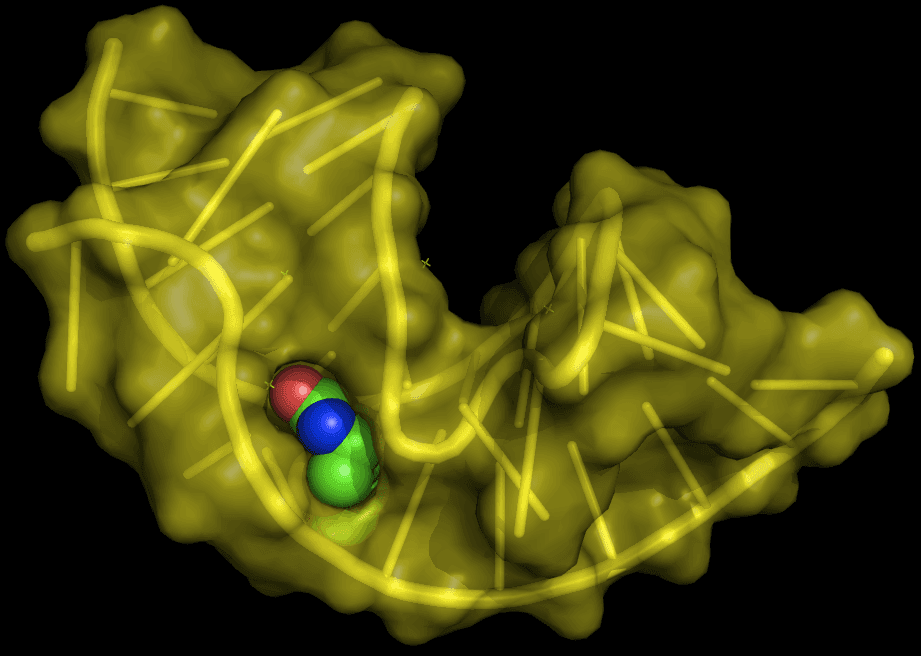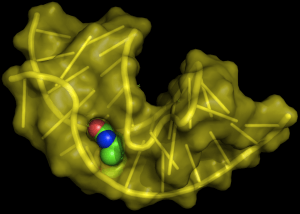DNA Aptamers to Replace Antibodies in Disease Detection and Treatment

Researchers from the Institute of Bioengineering and Nanotechnology (IBN) of A*STAR in Singapore have developed a better technology to detect and treat infectious diseases and cancer. The team improved the binding efficiency and nuclease resistance of aptamers, single-stranded DNAs designed to specifically target proteins, nuclei acids and cells. The study was published in the journal Scientific Reports.
Aptamers are artificial DNA fragments whose sequence is designed to bind specific molecular targets in the body, like protein domains, nucleic acid sequences, cells and viruses. They have the potencial to target drugs to specific locations or to neutralize the element they bind. However, their relatively weak binding affinity and vulnerability to degradation by endonucleases has precluded their clinical use for disease detection and drug delivery.
A unnatural base and DNA hairpins
The team from Singapore constructed a new DNA aptamer that included an fifth unnatural DNA base that increased the binding efficiency 100 fold compared to regular aptamers. To increase their resistance to enzymatic degradation, the researchers added small DNA hairpins to specific positions of the aptamers. DNA hairpins are stem-loop DNA structures that are very hard to digest by endonucleases. When added to the aptamers, these lasted in the body for days instead of just hours. This increase in resistance e is very important for the potentia use of aptamers in drug delivery to specific targets, when pharmaceutical molecules need to be active in the organism for a long period.
Antibiotics are currently used to combat diseases by targeting drugs. This study could pave the way to the use of aptamers in disease detection and treatment instead of antibiotics, which are more expensive to mass-produce with high quality and can produce an unwanted immune response. The authors plan to apply their research to treat dengue, malaria and cancer.
Source: A*STAR

